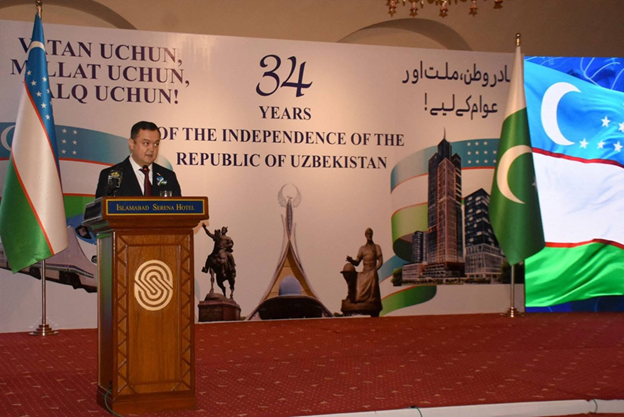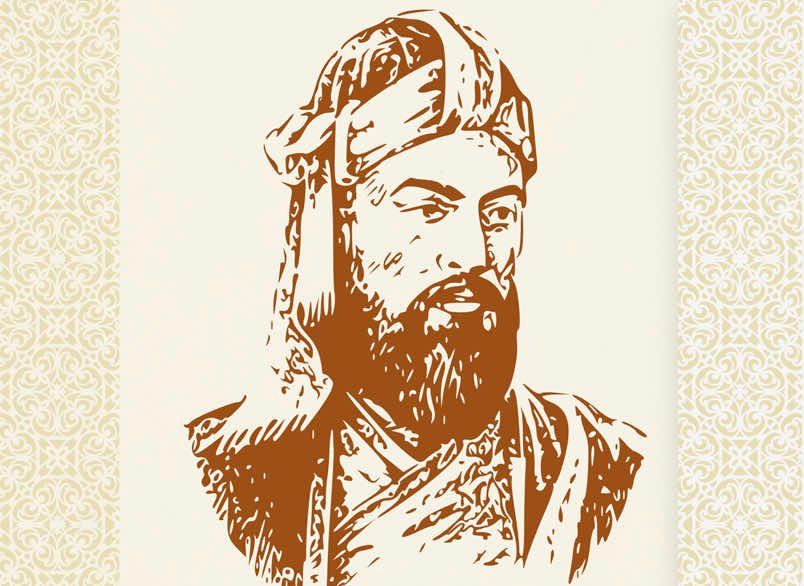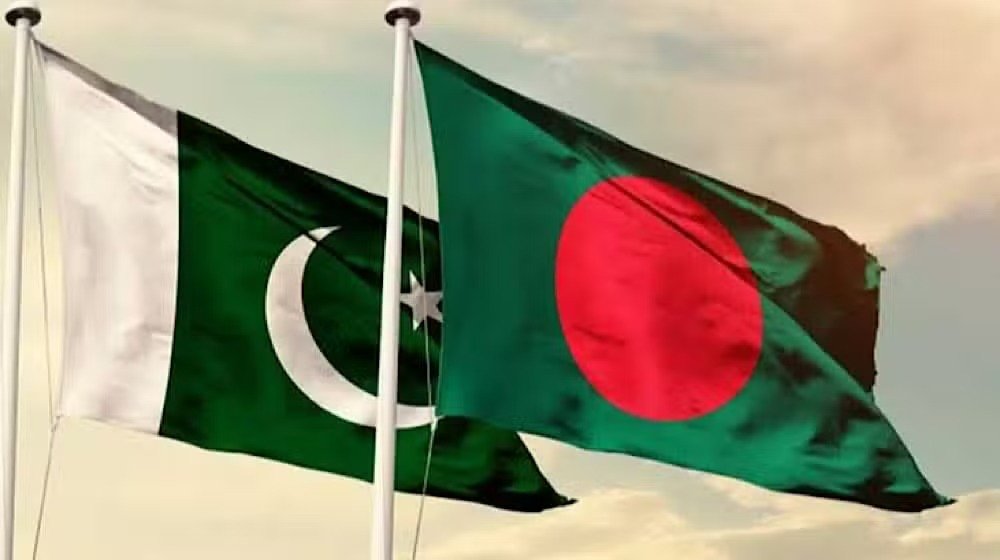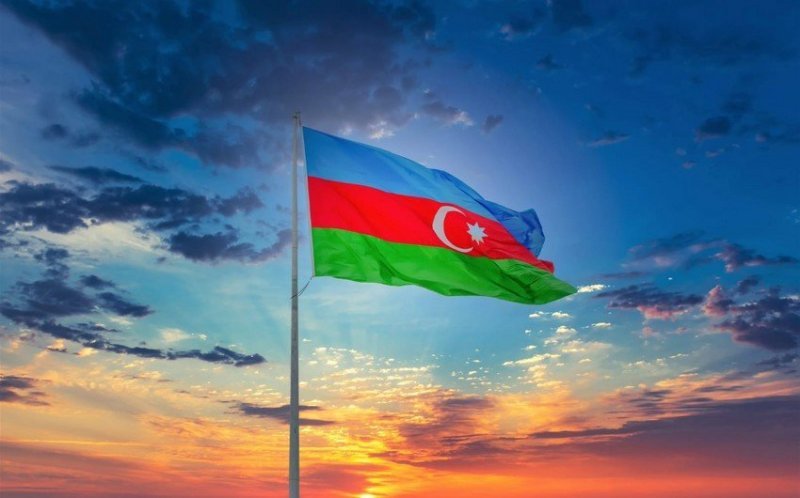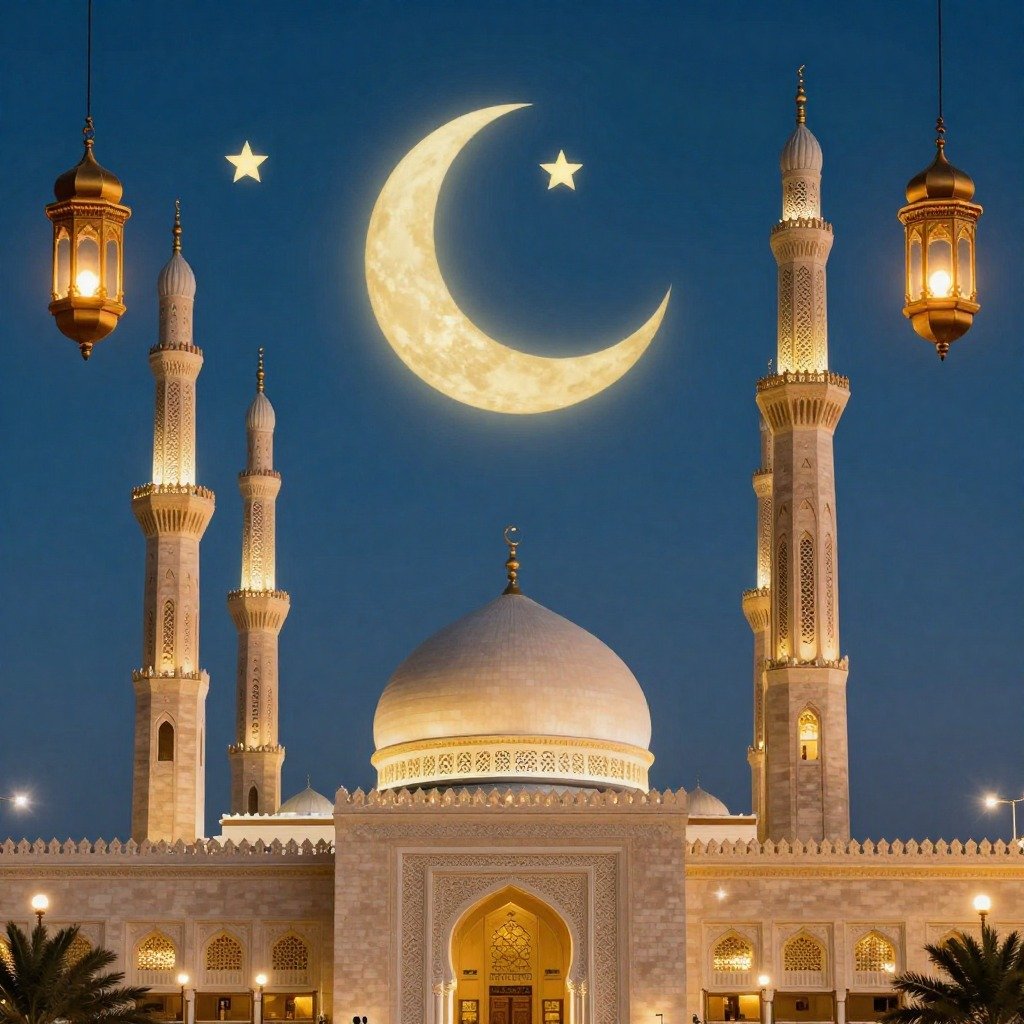The ancient land of Uzbekistan, often described as the Pearl of the Silk Road, continues to capture the imagination of the world with its rich history, architectural wonders, and deep cultural heritage. Last week in Islamabad, the Embassy of Uzbekistan organised a Tourism and Cultural Show under this very theme. The event was graced by the keynote address of H.E. Alisher Tukhtaev, Ambassador of Uzbekistan to Pakistan, who eloquently reminded the audience that Uzbekistan is not merely a country of historic monuments but a modern state redefining its role in global affairs.
I had the honour of participating in the reception and witnessing firsthand the energy with which Uzbekistan is presenting itself to the world. It was not only a celebration of cultural pride but also a reflection of visionary leadership and a forward-looking diplomatic agenda.
The Historical Silk Road Legacy
Uzbekistan’s geographical location has always been its greatest strength. Situated at the crossroads of Central Asia, the country became a hub of civilisation during the golden age of the Silk Road. The legendary cities of Samarkand, Bukhara, and Khiva once welcomed merchants, scholars, and travellers from across Asia, Europe, and the Middle East. These cities remain jewels of Islamic architecture, adorned with domes, madrasas, and minarets that stand as timeless reminders of a glorious past.
But Uzbekistan’s contribution was not confined to architecture and trade. It was home to some of the greatest thinkers of the Islamic Golden Age. Al-Khwarizmi, the father of algebra, Ulugh Beg, the astronomer-king, and Imam al-Bukhari, the eminent compiler of Hadith, all left legacies that continue to shape the intellectual and spiritual life of the Muslim world.
Ambassador Tukhtaev’s address in Islamabad drew on this history, but more importantly, it emphasised how Uzbekistan is seeking to transform its heritage into a living force for diplomacy, tourism, and economic development.
Tourism as a Catalyst for Growth
In recent years, Uzbekistan has placed tourism at the centre of its development agenda. The government has introduced a series of reforms to make the country more accessible. Simplified visa policies, including e-visas and visa-free entry for many countries, have significantly boosted visitor numbers. Millions of tourists are now travelling each year to explore the cultural treasures of Samarkand’s Registan Square, the ancient streets of Bukhara, and the walled city of Khiva.
For Pakistan, this presents an immense opportunity. With centuries-old religious and cultural ties, Uzbekistan can attract not only leisure travellers but also spiritual pilgrims, historians, and students of culture. Direct Uzbekistan Airways flights between Tashkent and Lahore, as well as Islamabad, are a practical step forward. These flights are more than transport links; they are bridges of friendship, enabling greater people-to-people contact and fostering opportunities for trade and investment.
At the Islamabad event, Ambassador Tukhtaev highlighted this new era of openness. His message was clear: tourism is not just about showcasing monuments, it is about building mutual understanding and creating new avenues for cooperation.
A Nation in Reform
Under the leadership of President Shavkat Mirziyoyev, Uzbekistan has undergone profound reforms. Once perceived as a closed society, it is now recognised as a country embracing openness, modernisation, and international engagement. Economic liberalisation, judicial reforms, digital transformation, and investment-friendly policies are reshaping the nation’s image.
These changes are not only attracting tourists but also global investors. Uzbekistan’s natural resources, agricultural potential, and young population make it an attractive destination for trade and industry. Furthermore, the government’s focus on renewable energy and digital innovation demonstrates its commitment to sustainable development.
Ambassador Tukhtaev’s efforts in Islamabad reflect this wider vision. By promoting cultural diplomacy, trade partnerships, and tourism opportunities, he is ensuring that Uzbekistan’s reforms resonate beyond its borders.
Regional Connectivity and Diplomacy
Uzbekistan’s location at the heart of Central Asia naturally positions it as a bridge between regions. The country has played a proactive role in promoting connectivity between Central and South Asia, recognising that its future lies in cooperation, not isolation.
Through the Shanghai Cooperation Organisation (SCO) and other regional platforms, Uzbekistan has consistently advocated for economic integration, security cooperation, and cultural dialogue. Its initiatives aim to revive the Silk Road spirit in a modern context—creating corridors of trade, energy, and transport that connect Asia to Europe.
For Pakistan, this vision is particularly relevant. Enhanced ties with Uzbekistan open doors not only for tourism but also for greater energy cooperation, transit trade, and educational exchange. Such initiatives strengthen both countries’ role in shaping a stable and prosperous Eurasian region.
A Balanced Global Role
What sets Uzbekistan apart in today’s turbulent global order is its balanced and constructive diplomacy. The country has pursued partnerships with regional neighbours, major powers, and multilateral organisations, without aligning itself in divisive blocs. Instead, it champions sovereign equality, multilateralism, and dialogue.
This approach resonates with the broader vision of a multipolar world, where cooperation replaces confrontation. Ambassador Tukhtaev’s leadership embodies this principle: presenting Uzbekistan as a partner for peace, connectivity, and shared prosperity.
Cultural Diplomacy in Action
The Islamabad event was itself a successful example of cultural diplomacy. From the display of Uzbek music, art, and cuisine to the Ambassador’s passionate speech, the programme reminded us that diplomacy is not confined to politics—it is equally about shared traditions, human connections, and cultural pride.
As a participant, I was struck by the warmth and sincerity with which Uzbekistan extended its hand of friendship. It was not merely a showcase of cultural identity but a demonstration of confidence in the future—a future where Uzbekistan plays a central role in connecting nations and people.
A Personal Reflection
The reception left a lasting impression. Ambassador Tukhtaev’s words reflected not only a diplomat’s vision but a leader’s conviction. His emphasis on transforming history into opportunity, and culture into cooperation, resonated deeply with all those present.
Uzbekistan is no longer a hidden gem of Central Asia. It is emerging as a dynamic player—rooted in its past yet determined to shape its future. Its journey from the ancient Silk Road to modern reform demonstrates resilience, ambition, and vision.
Conclusion
Uzbekistan today stands at a unique crossroads. It honours its rich past while embracing change. It values cultural heritage while promoting modernisation. It seeks partnerships, not divisions. Under strong leadership and through effective diplomacy, it is indeed becoming the Pearl of the Silk Road, not only for its architectural wonders but also for its role in building bridges of peace and prosperity.
As Pakistan and Uzbekistan deepen their cooperation, there lies immense potential to unlock new avenues of connectivity, cultural exchange, and regional integration. The Islamabad cultural show was more than an event—it was a symbol of this shared journey, a reminder that together, our nations can revive the Silk Road spirit for the 21st century.
Mr. Qaiser Nawab, a global peace activist, is a distinguished international expert specializing in the Belt and Road Initiative (BRI), Afghanistan, Central Asia and founder of the Belt and Road Initiative for Sustainable Development (BRISD), a newly established global think-tank headquartered in Islamabad, in conjunction with the one-decade celebration of BRI.
